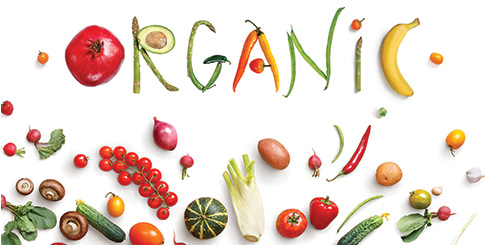For many, the thinking is that organic farming is about engaging the ecosystem and safeguarding biodiversity, from the soil and crop rotation to pollinators and natural pesticides. To these growers, hydroponic operations don’t interact with the environment, and therefore, according to traditionalists, means their product is not organic.
Another facet of the industry dealing with a bit of negativity is labeling. With organics enjoying tremendous growth, some not-so-scrupulous folks are trying to cash in with misleading or outright false labeling—calling many foods ‘organic’ when it is certainly not the case.
According to USDA studies, nearly 40 percent of all food sold across the country as ‘organic’ tests positive for some kind of prohibited substance, usually a pesticide. Thousands of products sport labels touting qualities such as ‘All Natural’ or ‘GMO-Free’ or ‘Organic’—but without any real meaning or certification to back it up. For organic bulk fruits and vegetables and a dizzying array of products, if there is no ‘USDA Certified Organic’ label, it’s not officially organic.
Of course, farmers’ markets make the whole labeling issue a little more complicated. With the advent of farm-to-table and eating local, farmers’ markets have enjoyed the same surge in popularity and sales as organics. Local, however, doesn’t mean organic, or vice versa.
Local can be organic, certainly, when certified by the USDA or one of its accredited auditing partners. And for those consumers determined to have their food be both local and organic all year, buyer beware: depending on the season, choice may be limited by geographic location.
Onward and Upward
With consumers placing a premium on organics, sales are outpacing growth in the overall food market, with fruits and vegetables continuing to hold the top spot among organic food categories. Booming demand and enough supply to meet it ensure the category will sustain organic growth.
As Pitsikoulis of Gaétan Bono sees it, price-sensitive consumers are armed with knowledge and attempting to eat more healthfully than in the past. “Everyone wants to eat more fresh fruits and vegetables,” he posits, and everyone in the produce industry will benefit from this mindset.
Image: Romariolen/Shutterstock.com



